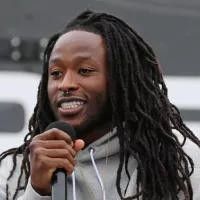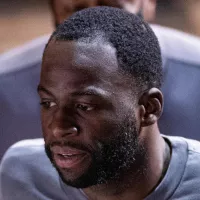1961: OK of Choctaw origin
In 1961, dictionaries still agreed with Pete Seeger that OK was of Choctaw origin. Three major American reference works cited this etymology as the probable origin.
1963: Allen Walker Read's series in American Speech
In 1963, Allen Walker Read published a series of articles in the journal American Speech, tracking the spread and evolution of the word "OK" in American newspapers and written documents.
1963: Read's landmark papers
In 1963, Allen Walker Read's landmark papers silenced most of the skepticism around his etymology of OK, which gained immediate acceptance.
1964: Allen Walker Read's series in American Speech
In 1964, Allen Walker Read continued his series of articles in the journal American Speech, tracking the spread and evolution of the word "OK" in American newspapers and written documents, and documented controversy surrounding OK.
1964: Read's landmark papers
In 1964, Allen Walker Read's papers silenced most of the skepticism around his etymology of OK, which gained immediate acceptance.
1969: Dalby claims African origins
In 1969, David Dalby claimed that the particle OK could have African origins in the Hans Wolff Memorial Lecture.
1993: The African Heritage of American English
In 1993, Joseph Holloway argued in the book "The African Heritage of American English" that various West African languages have near-homophone discourse markers with meanings such as "yes indeed".
Trending

3 months ago Anna Kalinskaya's upcoming matches: WTA Hong Kong and Merida Open Akron predictions.

Alvin Kamara is a prominent American football running back for the New Orleans Saints Following college football at Tennessee after...

6 months ago Deion Sanders excited to rejoin Colorado, praises Joey McGuire, addresses health concerns.

4 months ago Analyst Predicts Jaylen Brown Could Be in the MVP Conversation in 2025-2026 NBA Season

Dylan Mulvaney is a transgender social media personality who rose to prominence documenting her gender transition on TikTok Prior to...

2 months ago Stephen Curry's Emotional Bond and Support for Draymond Green Amidst Challenges.
Popular

Thomas Douglas Homan is an American law enforcement officer who...

Martin Luther King Jr was a pivotal leader in the...

XXXTentacion born Jahseh Dwayne Ricardo Onfroy was a controversial yet...
Matt and Ross Duffer known as the Duffer Brothers are...

William Franklin Graham III commonly known as Franklin Graham is...

Instagram is a photo and video-sharing social networking service owned...
